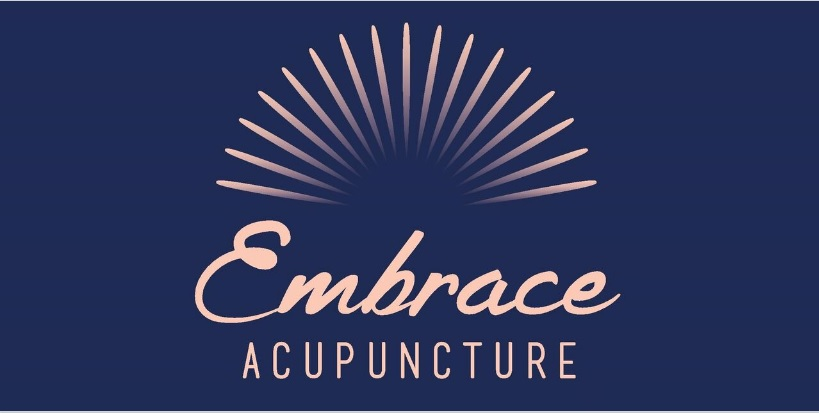How to Choose the Best Prenatal Vitamin
If you’ve ever walked down “that” aisle in the pharmacy, you’ll know there’s just so much choice out there when it comes to vitamins and supplements.
What should affect your choice?
How do you know which is the best prenatal vitamin for you?
How do you even know if it’s a good one?
Easy! We’ve put together a checklist for picking a great prenatal multivitamin.
While we’re on the subject, why do we even need prenatal vitamins? What if we just eat a really healthy diet? While this is definitely a great start, unless you’ve taken the time and calculated that you’re getting the exact amount of every nutrient needed, a great prenatal vitamin will help you cover off the basics of prenatal nutrition.
Oh, and keep in mind that it takes about 3 months to mature your eggs, so taking a good prenatal vitamin ideally for at least 3 months before conception and during pregnancy is recommended.
Rule #1: Activated Folate, not Folic Acid
Rule #2: LOTS of iron
Rule #3: B12 matters
Rule #1: Activated Folate, not Folic Acid
For a good prenatal vitamin
This one’s pretty simple, but super important. ONLY have Activated Folate, not Folic Acid.
Folic acid is hard for the body to absorb, and mucks up your methylation pathways, making it more difficult to detoxify the body. Folic acid is used often because it’s cheaper to produce, but that doesn’t mean it’s good for you!
Forms of good bioavailable folate include 5-MTHF Folate and Folinic Acid.
Interested in more research on this one?
Dr Ben Lynch has plenty of info and resources on folic acid.
Or this article explains the difference between the types of folate. This article explains what happens with folic acid in pregnancy.
Rule #2: You Need LOTS Of Iron
Unless you have Haemochromatosis (a genetic disorder), ladies, your prenatal vitamin NEEDS to have iron in it. So you know what you’re aiming for, 24mg a day is good.
You’d need at least 18mg a day of iron normally (a steak has 4mg, chicken and spinach are even less than that), and that requirement jumps up to 24mg a day when you’re pregnant.
Also, if you have gut issues, you’re less likely to absorb your iron. Check out this blog on the impact of low iron in fertility and pregnancy.
Rule #3: The Type of B12 matters!
Not all B12 is created equal…
If it’s got Cyanocobalamin as the type of Vitamin B12, ditch it! It’s cheap and nasty, and hard for your body to use. It can also disrupt methylation pathways. You need B12 to help carry iron around your body, especially if you’re vegetarian, or plant-based.
Hydroxocobalamin, Adenosylcobalamin or Methylcobalamin - these are the easy forms for your body to use. Some people may need different types, but these 3 are generally well tolerated by most bodies.
Many Vitamins and Minerals Help With Baby-Making!
Your body needs an array of vitamins and minerals to keep it functioning happily and be able to take on extra tasks like making great eggs, lining and sperm.
Your body doesn’t just need folate or iron but a broad range of vitamins to keep your beautiful body humming along and ready to make babies. While you may need extra of a certain vitamin or mineral for a short while if blood tests indicate it, a good quality prenatal covers the basics!
What Do We Recommend?
Our personal favourite is Naturobest. They satisfy all the above criteria, are made in Australia, have specific vitamins for prenatal, pre-conception for men, trimester 1 and trimester 2, 3 and breastfeeding to meet your different nutritional needs during different stages.
Tresos Natal is also quite good if you’re taking an iron supplement alongside or have tested your levels and don’t need much additional iron.
*We don’t receive anything for recommending these products, just sharing what we love!
Would you like some assistance with your fertility, pregnancy or postnatal care?





